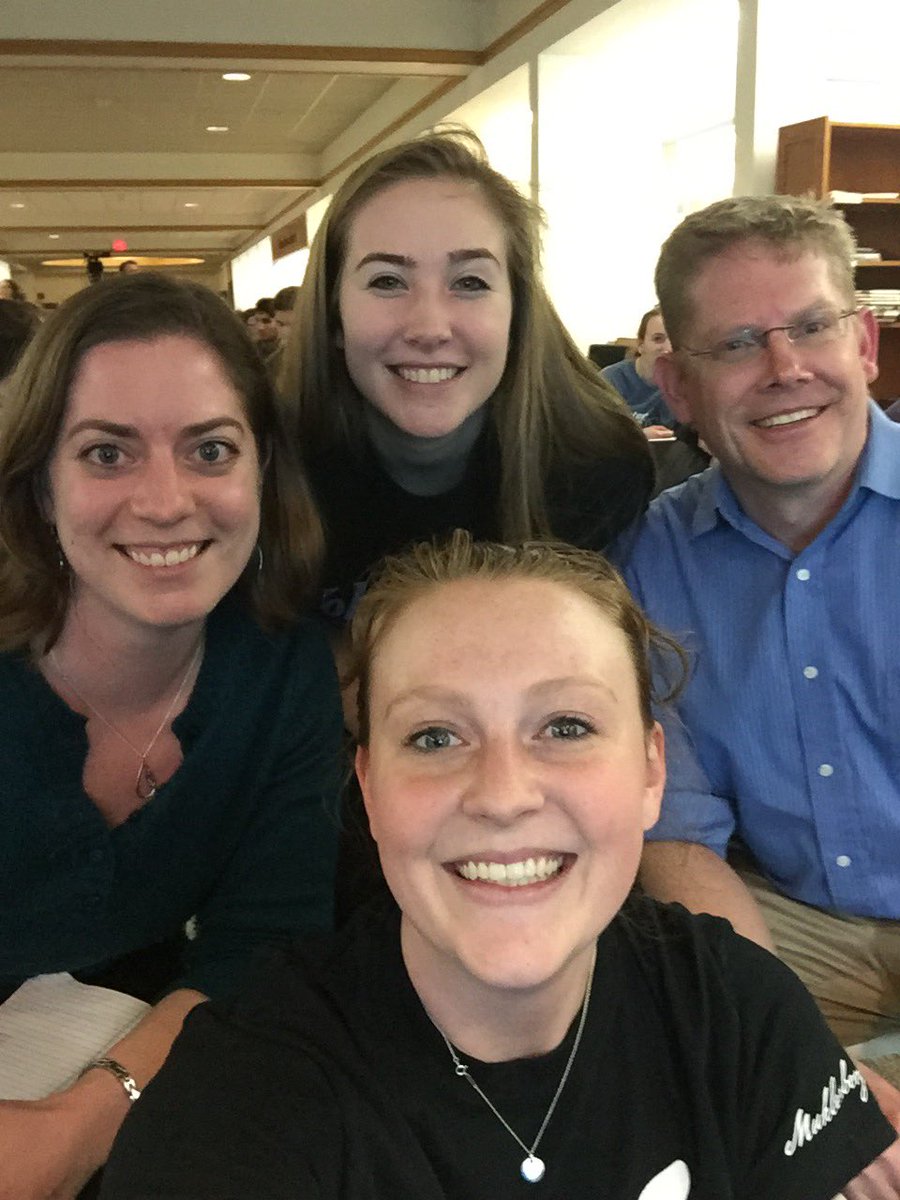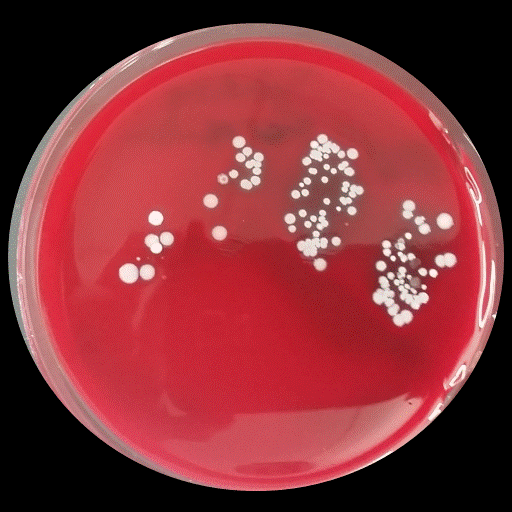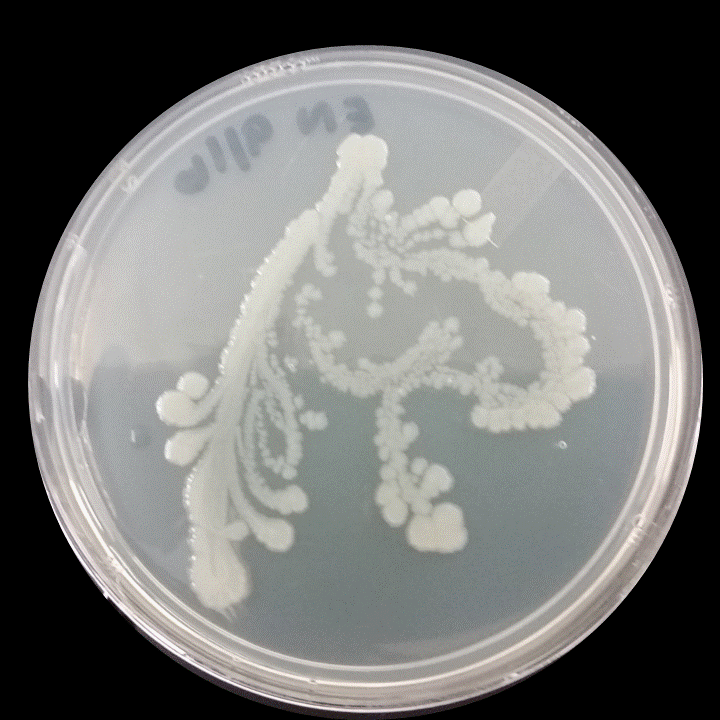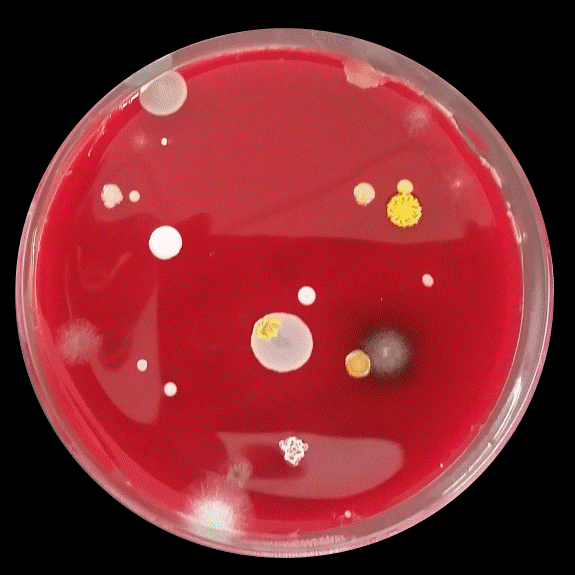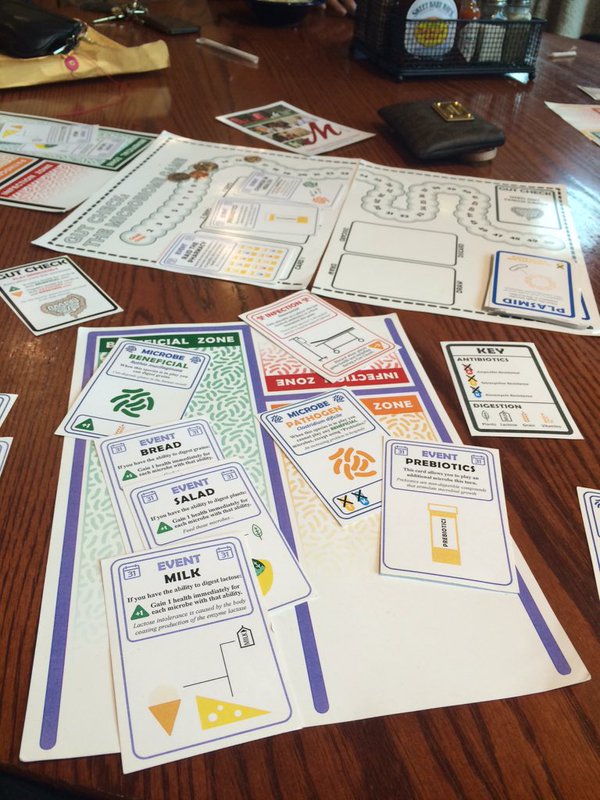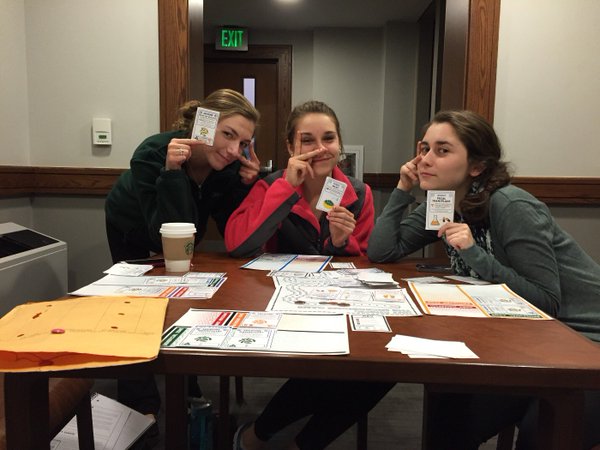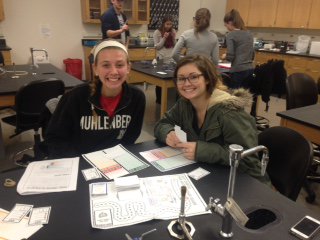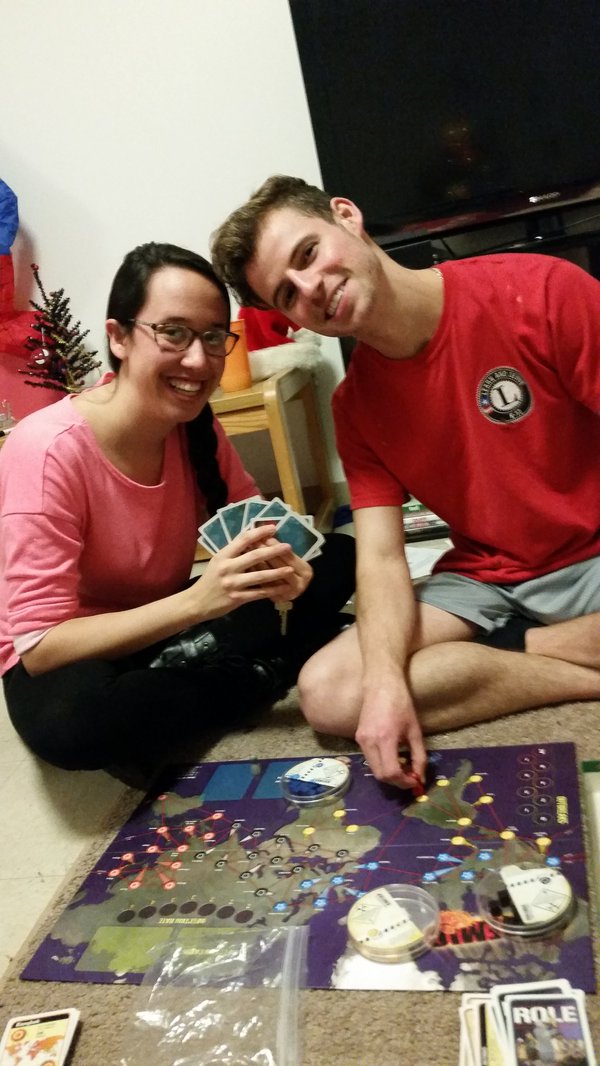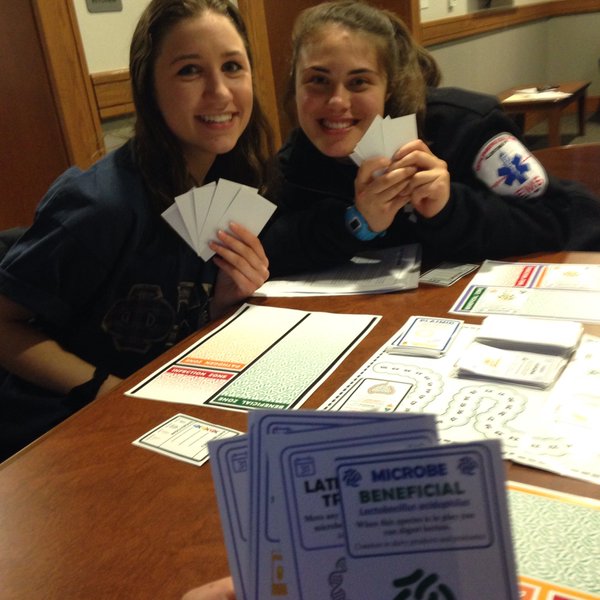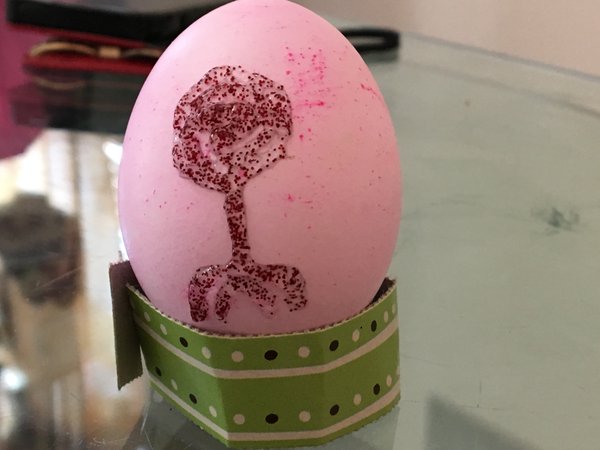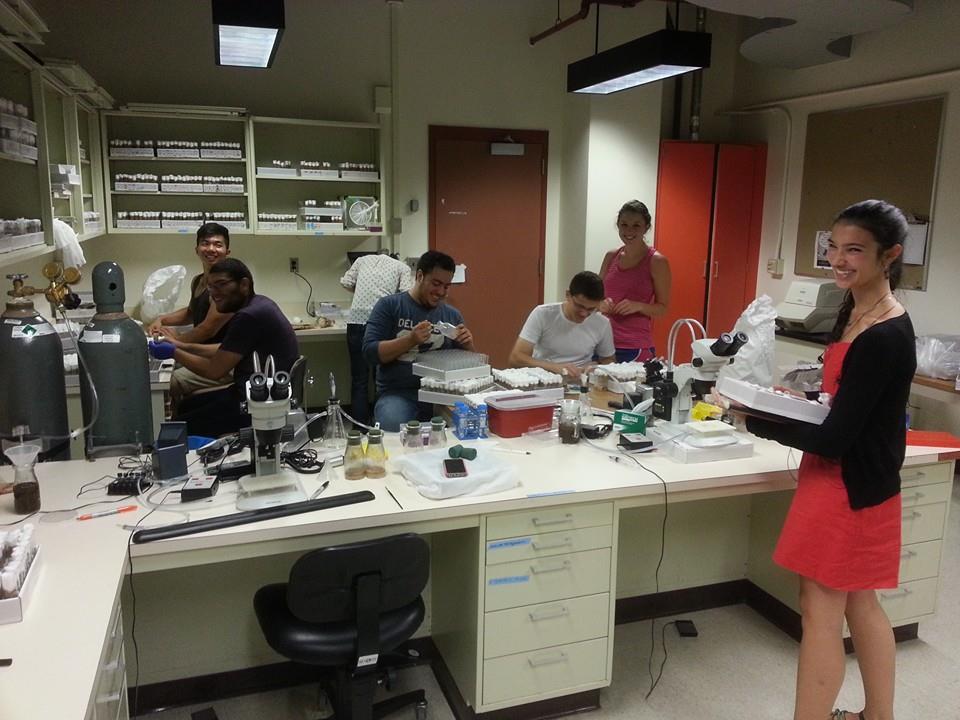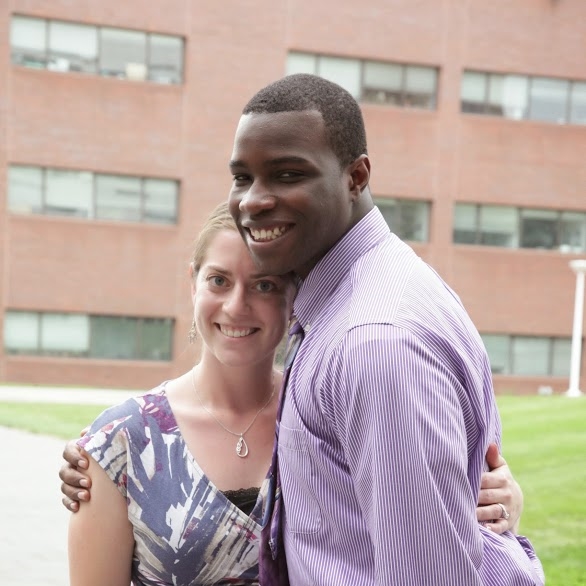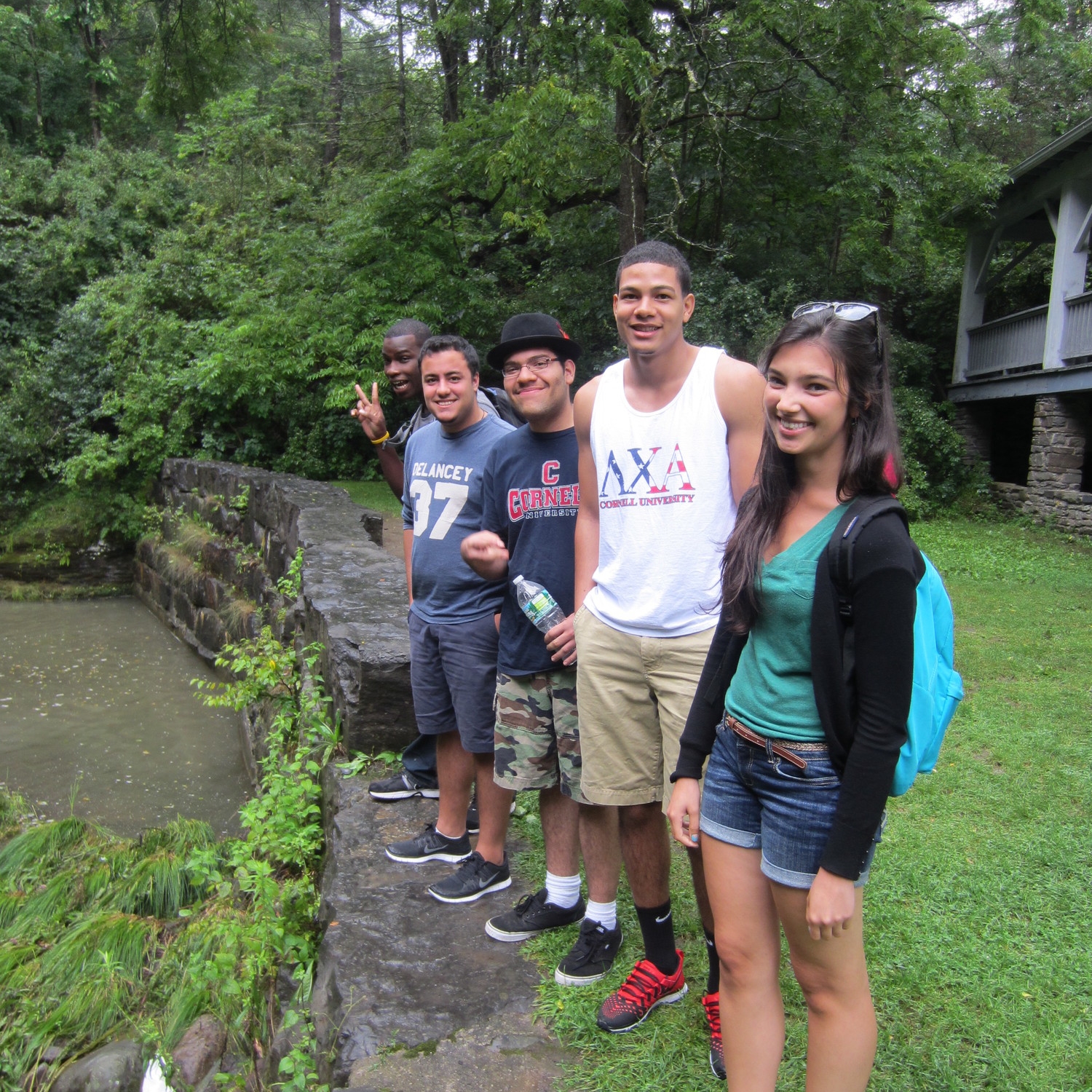Teaching
I teach because I love encouraging students’ thirst for knowledge and cultivating comprehension of the science that governs their surroundings. I not only seek the “light-bulb moments,” when they first understand the processes at work behind a common phenomenon, but also challenge my students to apply their new found knowledge to other facets of life. College is a time of constant learning for students, and teaching is not limited to the classroom. I seek opportunities to interact with students in many facets of their lives, helping them develop into inquisitive thinkers, thorough scientists and good citizens.
Science is filled with complex stories governed by simple principles. My particular passion for science lies within biology and, more specifically, the interaction between animals and their microbes. This rapidly accelerating field engages my interest in life-long learning. Teaching at the frontier is truly exciting as my students and I uncover new biology that clarifies existing assumptions or challenges scientific dogma.
Courses
Listed below are the courses I teach at Bucknell University and have taught at Muhlenberg College. Contact me (moria.chambers@bucknell.edu) if you would like more information, either as a student deciding whether or not to take the course or a professor who wants to swap strategies for teaching Molecular Biology, Microbiology and Immunology effectively!
Bucknell Courses
Introduction to Molecules and Cells (BIOL 205)
The first core course which serves as an introduction to the structure and function of the cells, the fundamental unit of life and a remarkable product of the evolutionary process. Learning about basic cell function is especially exciting when we realize that a breakdown in any of the finely-tuned processes at work in a cell may lead to disruption of normal cellular activity and, often, disease. In addition to acquiring a working understanding of molecular cell biology, we will explore scientific methods that have been used to obtain our current body of knowledge. Some of the fundamental techniques use by molecular cell biology will be presented in greater detail during the laboratory component of this course.
Offered Fall Semester Only. Lecture hours:3, Laboratory:3, Recitation: 1.
Biology of Host-Microbe Interactions (BIOL 306/606)
The relationship between animals and their microbes will be investigated using primary literature, emphasizing current controversies in the field and critical assessment of research papers. Topics will include evolution of host-microbe relationships, the impact of microbes on a range of human conditions (e.g. allergies, obesity, autism), techniques used to study the microbiota, the microbiome and other recent advances in our understanding of our relationship with microbes. The course will be taught in a seminar-style and culminate in an independent research proposal addressing compelling questions about host-microbe interaction. Science communication will be broadly emphasized with both oral and written assignments. Meets W2 requirement.
Prerequisites: BIO 205 and 206
Offered Spring Semester Only. Lecture hours: 3, Recitation: 2.
Muhlenberg Courses
All of my Muhlenberg classes used Twitter to link course content to current events, so feel free to check out our twitter feed @mulemicrobio.
From Bubonic Plague to AIDS (BIO 109)
Infectious disease has and continues to have a profound influence on man and the environment in which we live. Bubonic plague, smallpox, syphilis, malaria, and AIDS, as well as other emerging viruses, will be studied as specific examples of infectious disease. The biology of the microbes involved; their epidemiology, resulting pathology and control will be discussed. Emphasis will be placed on the historical, political and social consequences of infectious disease. Offered as a course designed for Muhlenberg Scholars. Prerequisite: none. Meets general academic requirement S.
Offered Spring 2016.
Microbiology (BIO 225)
Study of the morphology, physiology, biochemistry and genetics of bacteria as well as the structure and replication of viruses. Relationship of these microbes to human disease is emphasized. Laboratories stress aseptic technique, microscopic observation, bacterial physiology and identification. Three class hours plus three laboratory hours per week. Prerequisite: BIO 152.
Offered Fall 2015 and Spring 2016.
Microbial Pathogenesis (BIO 486)
The relationship between animals and their microbes will be investigated using primary literature, emphasizing current controversies in the field and critical assessment of research papers. Topics will include evolution of host-microbe relationships, seasonal flu epidemics, pathogenesis of the Ebola virus, the microbiome and other recent advances in our understanding of our relationship with microbes. The course will be taught in a seminar-style and culminate in an independent research proposal addressing compelling questions in pathogenesis. Prerequisite: BIO 152 and any 200-level course in Area 1. Meets general academic requirement W and a CUE.
Offered Fall 2015.
Teaching Through Laboratory Research
I believe that students are best able to learn about the scientific process by becoming involved in research project outside of class. I have mentored 13 undergraduate and 2 high school students so far, with projects ranging from advising a senior thesis to planning and overseeing an independent six-week project over the summer. Not only do my mentees learn how to design experiments, collect and analyze data, but I also encourage them to present their work both at local symposiums and at national meetings. If you are a Bucknell student interested in doing research in my lab, please email me and we can set-up a time to talk about opportunities in my lab (moria.chambers@bucknell.edu)
Teaching Philosophy
Whether it is a single lecture or a semester long class, my teaching is guided by three basic tenets. First, I believe that science is a process rather than a collection of facts. Next, I believe that relating science to the student’s background and day to day life is critical for retention and enthusiasm. Finally, I believe that science communication is an integral part of the scientific enterprise. These principles shape the lectures that I deliver, the tests that I write, and the topics that I pursue. Success is cultivating students that are both enthusiastic about science and prepared to tackle new scientific challenges.
Teaching science as a process
Teaching science as a process means that my students learn that it is an evolving field. Old beliefs are rejected and new hypotheses tested every day. I believe introductory biology should place students at the heart of the scientific process. Every student has enough background to participate in the scientific enterprise straight away. Teaching science as a process moves the emphasis away from memorizing pathways and metabolic cycles. Learning pathway details is often crucial to tackle a specific question, but processes translate across disciplines and careers. I believe in arming my students with the tools necessary to approach novel scientific questions on their own.
Fostering connections with daily life
Relating science to daily life amplifies retention and enthusiasm for science. Pathogenesis may not be every students’ calling, but it impacts all of their lives. Revealing the relevance to each student is a powerful motivator for independent learning. While the budding research scientist may find biological principles fascinating in their own right, many students will engage once they realize the implications for their grandmother’s Alzheimer’s, the latest fight over health care, or regulation of genetically modified organisms. To enable these connections, I actively learn about my students’ background and interests through a pre-class assignment asking each of them to briefly describe their motivations and goals for the class. Each class has its own diverse experiences brought to the classroom and I will adapt my examples to best inspire my students.
Science communication as a core objective
Integrating communication and science is a key skill for all students entering college. A future scientist needs strong communication skills to secure funding, write publications and present their work to the peers and the public. Each and every citizen, however, will be engaged in discussions about research funding, public health policy, and global warming. Successful scientific communication will hinge on both the quality of scientist’s communication and the literacy of the public at large. I believe emphasizing communication during basic science courses will arm our society for the future. We cannot rely on English classes alone to foster our students’ communication skills. Science communication needs to be succinct, detailed, and targeted to its audience. It often remains untaught until graduate school and then is still primarily relegated to individual adviser-graduate student mentoring. Adding this dimension to classes helps students internalize and then project their new found knowledge.
